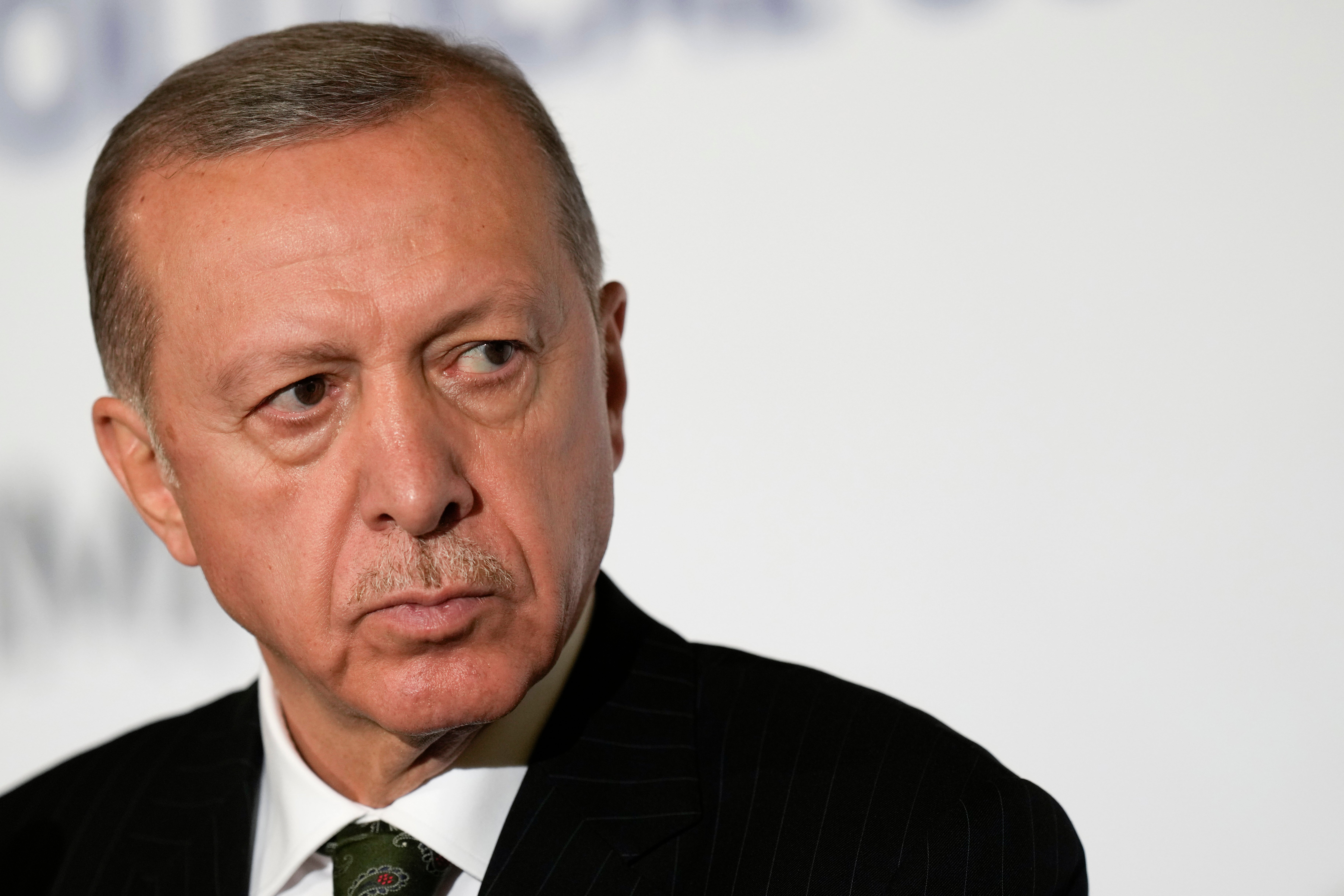Turkey's opposition seeks stay of 'disinformation' law
Turkey’s main opposition party is seeking the suspension of the enforcement of a newly-approved media law that mandates prison terms for disinformation

Turkey’s main opposition party applied to the country’s supreme court on Tuesday seeking a suspension of the enforcement of a newly-approved media law that mandates prison terms for people deemed to be spreading “disinformation.”
Last week, parliament approved a 40-article legislation that amends press and social media laws with the stated aim of combating fake news. Critics fear that the measure will be used to further crack down on social media and independent reporting as the country heads toward elections.
The legislation, which was approved with the votes of President Recep Tayyip Erdogan ’s ruling party and its nationalist allies, came into effect with its publication in the Official Gazette earlier on Tuesday.
The most controversial provision, Article 29, foresees up to three years in prison for spreading information that is “contrary to the truth” about Turkey’s domestic and international security, public order and health for the alleged purpose of causing “public worry, fear and panic.”
Engin Altay, a senior member of the main opposition Republican People’s Party, applied to the Constitutional Court for the suspension of the implementation of Article 29.
“This is a law that (aims to) present (the government's) lies as the truth, and the truth as lies, and can't be accepted,” Altay told reporters after submitting the plea.
The party would seek the annulment of the entire legislation at a later date, he said.
Erdogan argued for a law to combat disinformation and fake news, saying false news and rising “digital fascism” are national and global security threats. His Justice and Development Party and nationalist allies say disinformation prevents people from accessing the truth, undermining freedom of expression.
The ruling party denies that the legislation aims to silence critics.